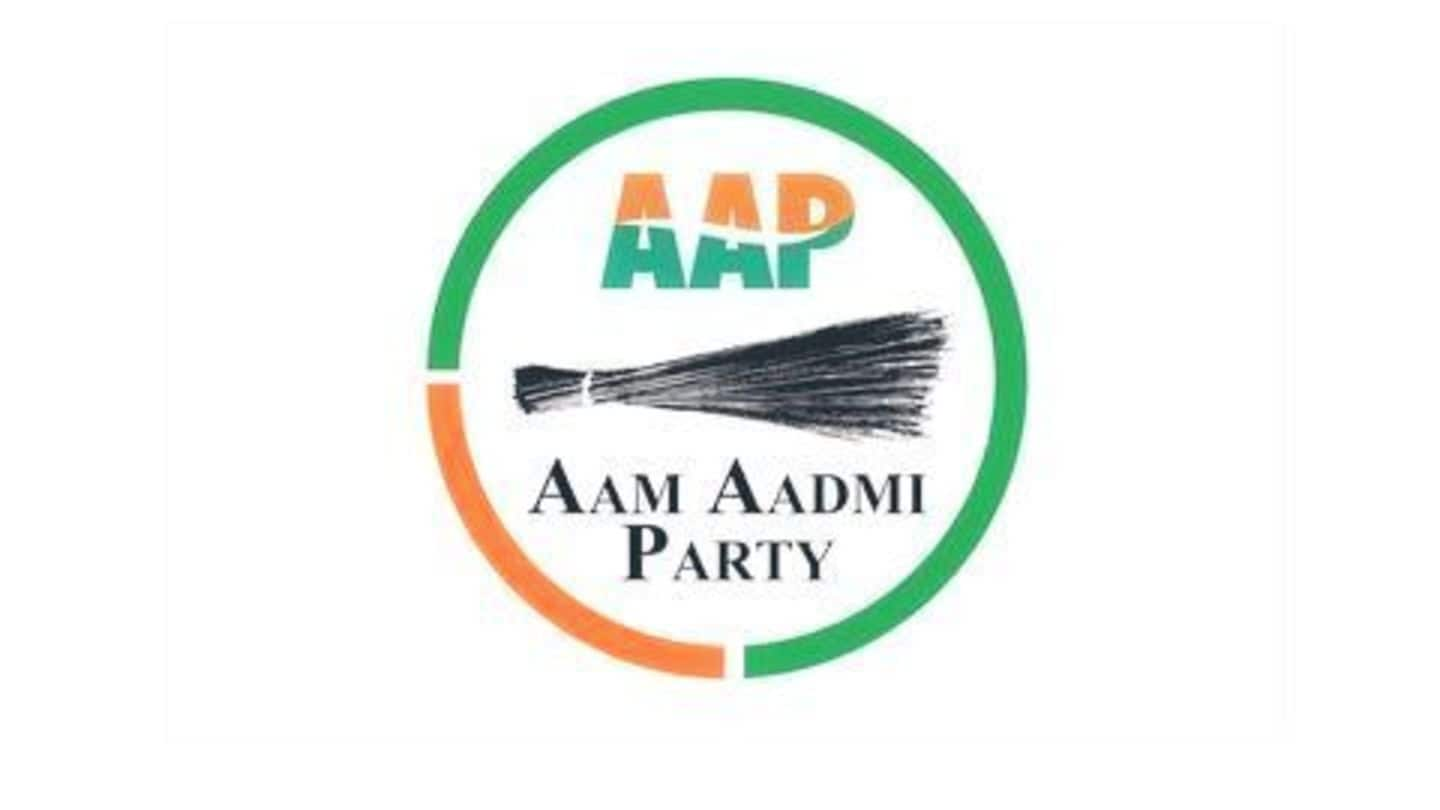
AAP MLAs disqualification case: Election Commission concludes hearing
What's the story
The Election Commission (EC) concluded the hearing on the 'Office-of-Profit' case against 21 AAP MLAs who were appointed as Parliamentary Secretaries in 2015. EC reserved its order that the case against them should be dropped as their appointment has been set aside by the Delhi HC. An EC official said, "EC will examine the submissions and give its ruling in due course."
Office-of-Profit
What is 'Office-of-Profit'?
'Office-of-Profit', which evolved in England, refers to executive appointments; legislators are forbidden from accepting an office-of-profit under the executive. The idea behind the concept is to secure the legislature's independence by keeping the members away from "temptations" that can come in the way of discharging duties. It seeks to preserve the separation of powers between the legislative, judiciary, and the executive.
Constitution
Office-of-Profit, not described in Constitution
'Office-of-Profit' isn't described in India's Constitution, but Articles-102(1) and 191(1) give effect to the concept. The Articles restrict central and state-level lawmakers from accepting government positions; violation attracts the lawmakers' disqualification. The Articles protect lawmakers in a government position if the office is immune to disqualification by law. Section-15(1)(a) of National Capital Territory of Delhi Act, 1991 is similar to these Articles.
Information
Disputed disqualifications referred to the President
Similar to the Articles, NCT Act's Section-15(2) protects lawmakers at the Centre, states or union territories from disqualification. Section-15(3) states that in the case of a dispute over a lawmaker's disqualification, the issue would be referred to the President, whose decision is final.
2015
Delhi CM appoints 21 legislators as Parliamentary Secretaries
In March, Delhi CM Arvind Kejriwal appointed 21 MLAs as Parliamentary Secretaries and passed an amendment to Delhi Members of Legislative Assembly (Removal of Disqualification) Act, 1997 to immune the post from office-of-profit. President Pranab Mukherjee rejected the amendment in June. Advocate Prashant Patel sought disqualification of legislators under office-of-profit. President referred the matter to Election Commission, which asked Patel to furnish a petition.
2016
EC issues notices to all 21 AAP MLAs
In March, EC issued notices to the 21 legislators and sought their response by 11 April; the MLAs sought an extension and filed responses by May claiming not to be holding office-of-profit. In July, EC began hearing the case; the Delhi HC set aside the MLAs' appointment as Parliamentary Secretaries as the Delhi Government had not taken the mandatory assent of the Lieutenant-Governor.
Information
Delhi HC order has no bearing, says petitioner
In Sep'16, EC rejected the legislators' plea to not consider the documents furnished by the petitioner and also asked for the disqualification case to be dropped. However, Prashant Patel insisted the HC order "had no bearing" in the case.
Decision
Disqualification: The further course of action
The further course of action depends on the EC's decision on whether the MLAs' disqualification proceedings should continue. If it decides that the Delhi HC has delivered the disqualification plea infructuous, it would be the end of the case. If it accepts the petitioner's argument, it will have to take a call on whether a further hearing on the 'office-of-profit' issue is needed.
Ruling
EC favoring disqualification will force a mini-election
EC's ruling is being eagerly awaited by AAP's rivals in Delhi. If EC favors disqualification of the 21 AAP legislators on the grounds of their holding office, there would be a mini-Assembly election. However, an election might really not affect AAP, given the brute majority the party enjoys in the Assembly. The legislators are facing the prospect of disqualification for allegedly holding office-of-profit.